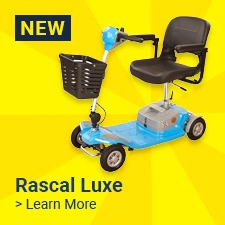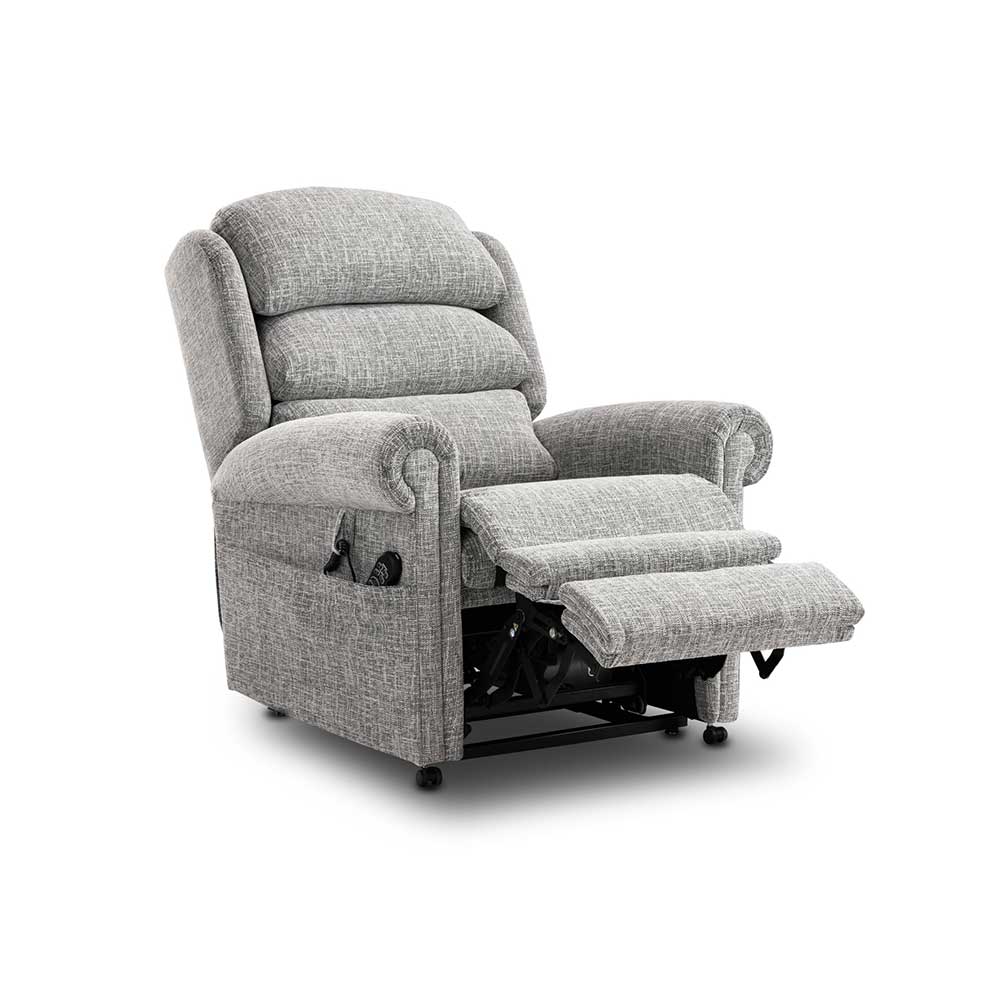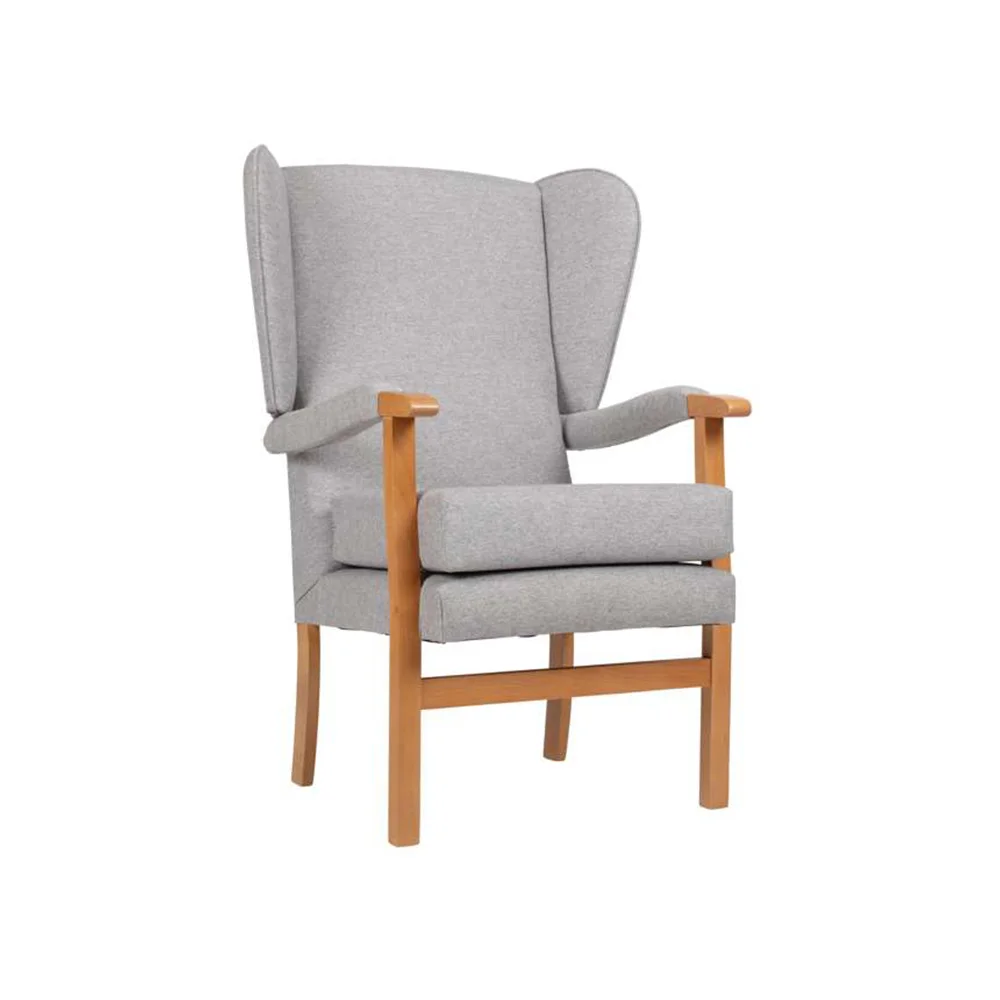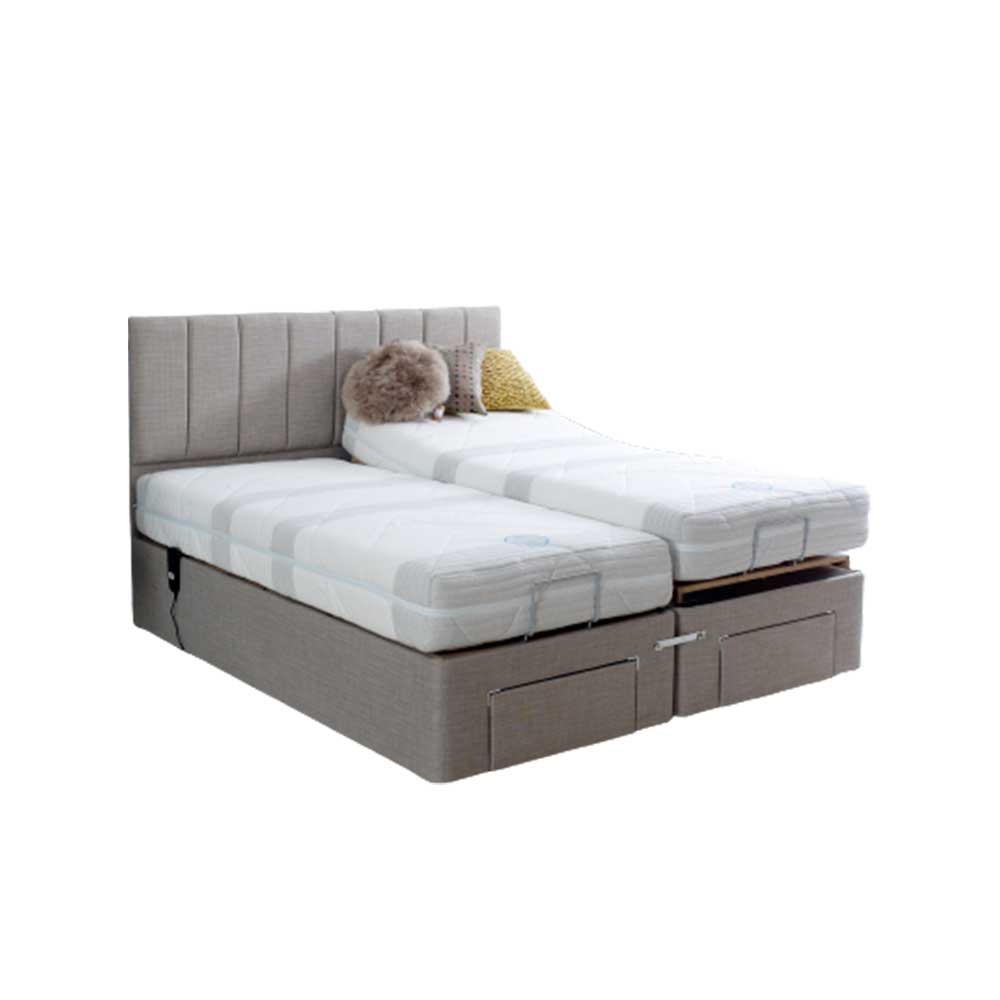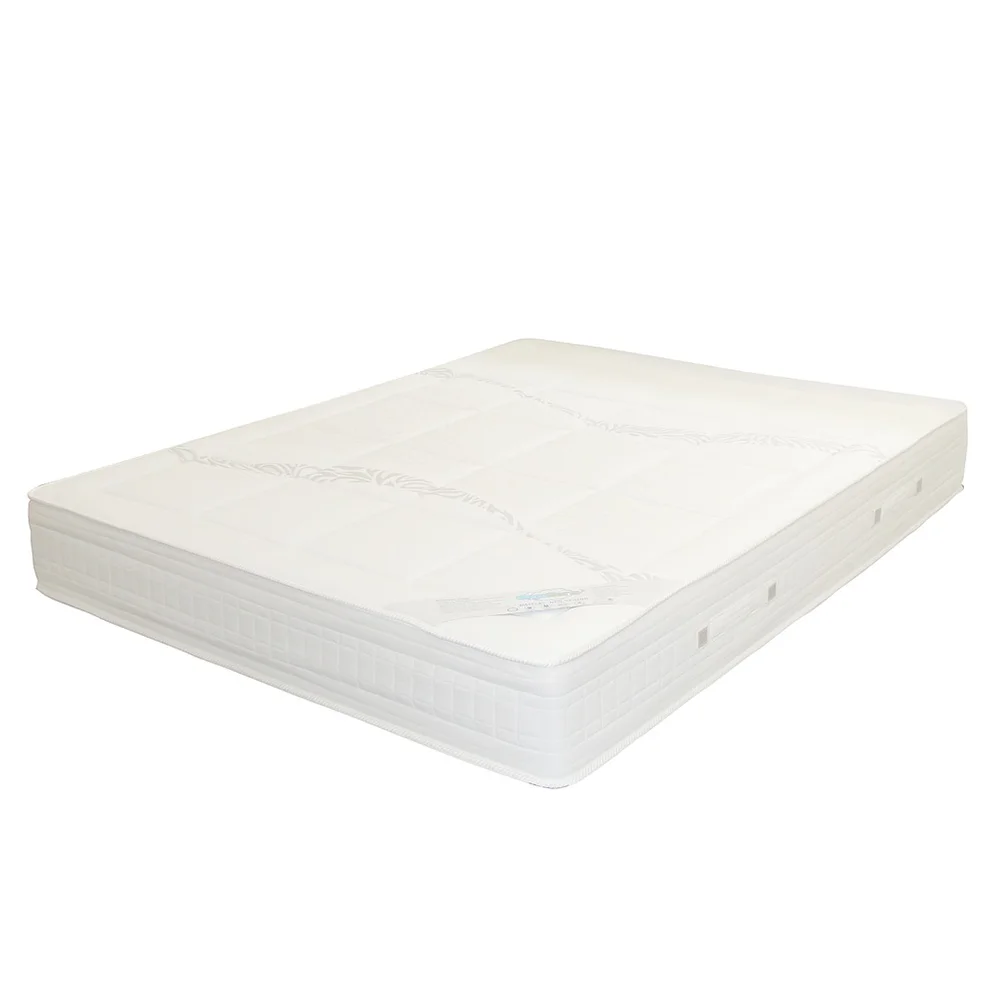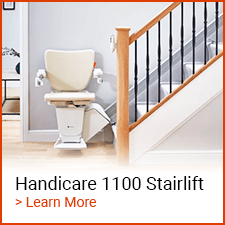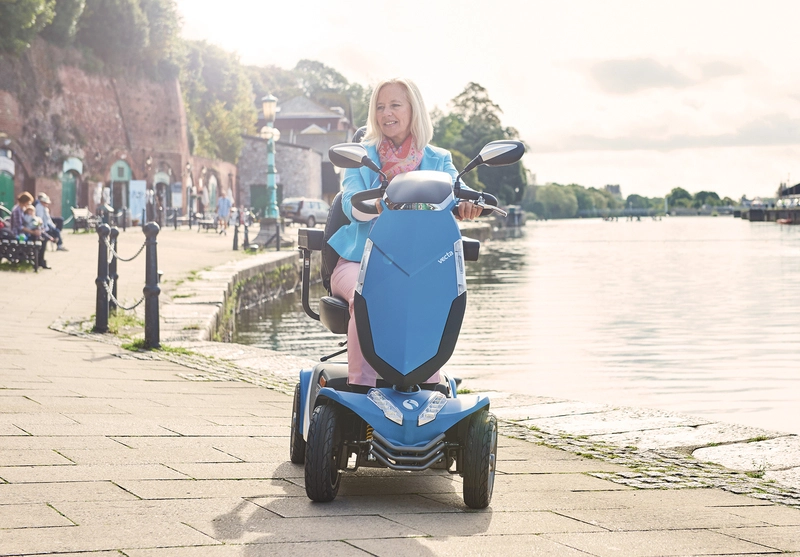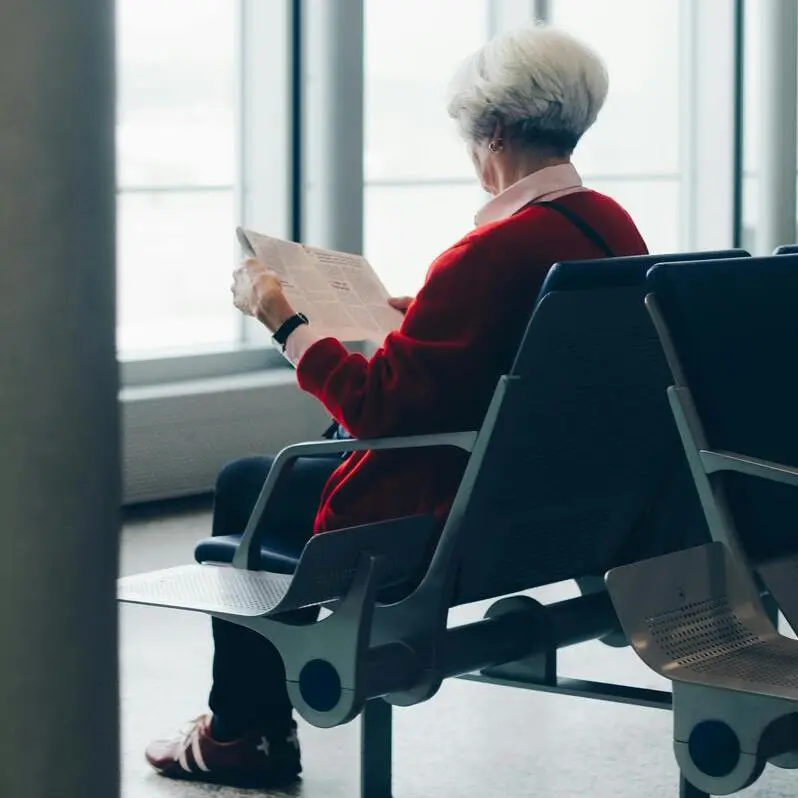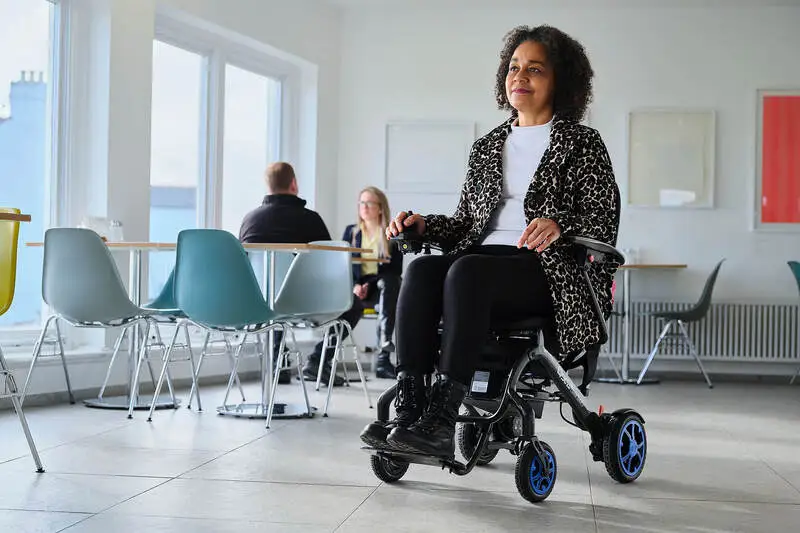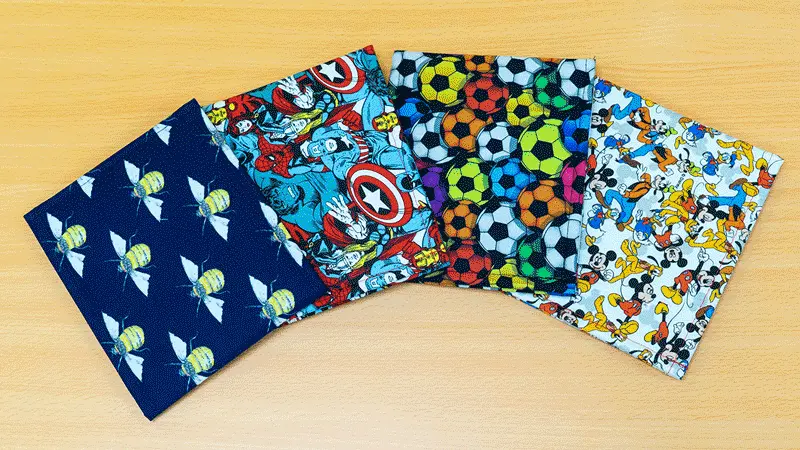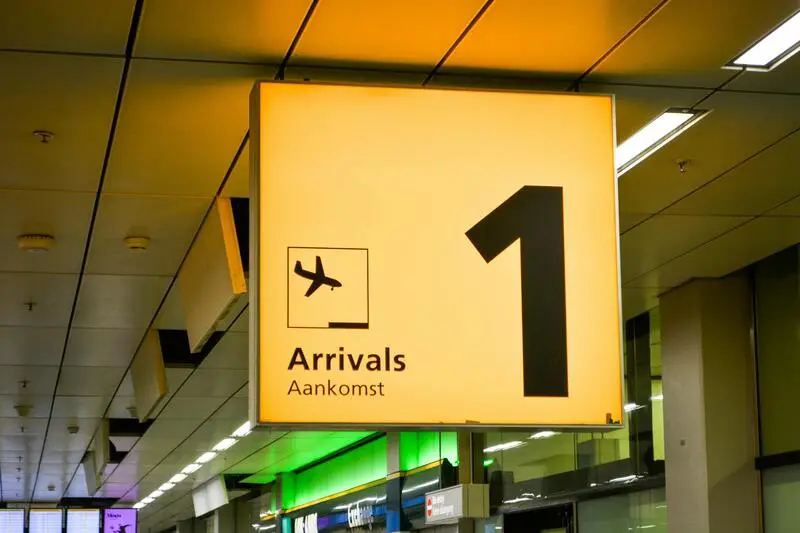
Travelling as a Disabled Holiday Maker
Travelling with a disability can unfortunately mean you face additional challenges and barriers. Everyone deserves a travelling experience that doesn’t deter them from exploring new places or enjoying the weather and culture new destinations have to offer.
If you’re planning a getaway in the future as a disabled passenger, airlines and holiday providers have schemes in place to assist you – but there are also things you can do in preparation of flying to make your airport and holiday experience run smoothly.
The Right Insurance
When shopping around for travel insurance, be aware that it’s best to book your insurance around the same time as you book your holiday. This way, if for medical reasons you have to delay or cancel your holiday, you have an added layer of protection.
It is vital that you inform your insurance of all medical conditions when you book, ensuring you get the right level of cover should you need it. While this means you will pay a higher rate for a more robust insurance package, the extra security it provides is worth the cost.
It’s not just yourself you may have to insure. Airlines are liable for damage to luggage up to approximately £1,400 under the Montreal Convention. If you plan to travel with mobility aids that supersede that amount in value, it is advisable to take out extra insurance should the worst happen to your luggage and mobility solutions, either while in the care of the airline or generally while on your holiday.
Talk To Your GP
Depending on your health and conditions, you may need a ‘fit to fly’ notice from your general practitioner to allow you to board. This is especially true if you’ve had recent surgery.
Even if this is not the case, booking a consultation in preparation for your trip is still a good idea. Your doctor can help you get up to date with any immunisations required prior to travel, ensure your prescriptions will last through your holiday, give you personalised recommendations for managing your disability while travelling, and provide special dispensary letters for your medications.
For strong painkillers/controlled substances, it’s best to check what quantity you are allowed to bring into the country you’re travelling to, as some destinations have restrictions on this. A special dispensary letter in this instance is a must-have.
Take Your Time
Allow yourself extra time to travel and get around the airport. Not only will this mean you’ll likely avoid overwhelming queues, it will also give you time to go through the check in and security process at a pace that suits you and your needs.
For travellers with powerchairs or mobility scooters, many airlines have a first-come-first-served policy on how many motorised mobility aids they are able to check into the hold due to space, so getting to the airport on time could make all the difference.
For many, the holiday begins at the airport. Arriving early and planning ahead gives you time to enjoy this stage of the journey, too.
Medication
On the topic of medication, prepare in advance and reduce difficulty at the airport by:
- Taking extra medication in case of delays or misplacement. We would advise taking an extra week’s worth, to be on the safe side.
- Having a list of your prescriptions ready. If you’re travelling with a companion or carer, make sure they have a copy of this too. Your list can be digital or physical – we suggest doing both.
- Utilising a pill organiser to take the hassle out of keeping up with what tablets to take and when. They also help save precious space in your luggage.
- Travelling with your medication in your carry on, so it is to hand at all times. Some disabled travellers store half of their medication in their carry on and half in their hold luggage, so they have enough in case either piece of luggage goes missing.
- Sealing liquid medications – such as insulin – in transparent plastic bags ready for security checks. Keep needles and sharps also in a clear sealed bag.
Travelling with Mobility Aids
As previously mentioned, insuring any mobility aids beyond a certain value and arriving early to check in powerchairs or mobility scooters is key.
Before you travel, check with your airline what restrictions on weight, size, and type of mobility aids they allow, as well as quantity per passenger. This information should be readily available on the airline’s website.
Folding scooters and power chairs with detachable lithium ion batteries are the most widely-accepted motorised mobility aid for air travel.
Take a look at our blog detailing the features and benefits of folding scooters.
Assistance
As a disabled customer, you are legally entitled to support when travelling by air.
Special Assistance is booked through your airline and is best booked at the same time as your holiday. A minimum of 48 hours advanced notice is the standard for booking assistance.
If you are using a travel agent, they should be able to arrange this on your behalf after getting specific details from you regarding what type of assistance suits you.
Special Assistance can include:
- Shorter wait time
- Being provided with a wheelchair and assistant to push it
- Assistance to the bathroom
- Fast track lanes for you and travelling companions where available
- Different audio and visual materials
Research what your airline offers to get a clear picture of what types of assistance you would benefit from the most.
Badges & Lanyards
Within the EU, your blue disability parking badge is still valid, so be sure to pack it if you’re holidaying in an EU country. To help keep your blue badge safe and easily identifiable, consider using a blue badge cover.
If you have a hidden disability, wearing the sunflower lanyard will discreetly communicate to airport and airline staff that you may need accommodations or assistance.
When travelling within the European Economic Area, the GHIC card has replaced the EHIC. Your UK GHIC card is free and lasts up to five years, allowing you to access necessary state healthcare in the EEA. If you have an existing EHIC card, you can use it so long as the date has not expired. The process of obtaining a new GHIC card can take over two weeks, so apply for one in ample time prior to your holiday.
Packing
As well as taking extra medications and accompanying paperwork, consider packing other helpful items that will make your day-to-day holiday experience easier.
Common items for disabled holiday makers include:
- Compression socks for the plane journey
- Support garments
- Over-the-counter pain relief
- Extension cords for electrical items
- Specialist living aids
- A reusable water bottle (hydration is important!)
- Documentation listing your conditions, emergency contacts, insurance details, accommodation address and number, and doctor’s information
Your Holiday
The best thing a disabled traveller and their carer or travelling companion(s) can do is to plan ahead, accept any support, resources or help offered by holiday providers and their partners, and be realistic about what accommodations they need. Everyone is different and, as such, so are their requirements. There is nothing wrong with communicating your needs so you can make your holiday as stress free and comfortable as possible.
We want to see you enjoy independence and freedom, including helping you find the right aids and devices to make your holiday dream a reality. For friendly, expert assistance finding a mobility scooter or power chair, wheelchair, walking crutch, roller, frame, or anything else that will get you where you need to go, Modern Mobility are here and ready to go above and beyond for you.
Contact us today or see us in person at our Blackburn, Clitheroe, or Leicester branches.
